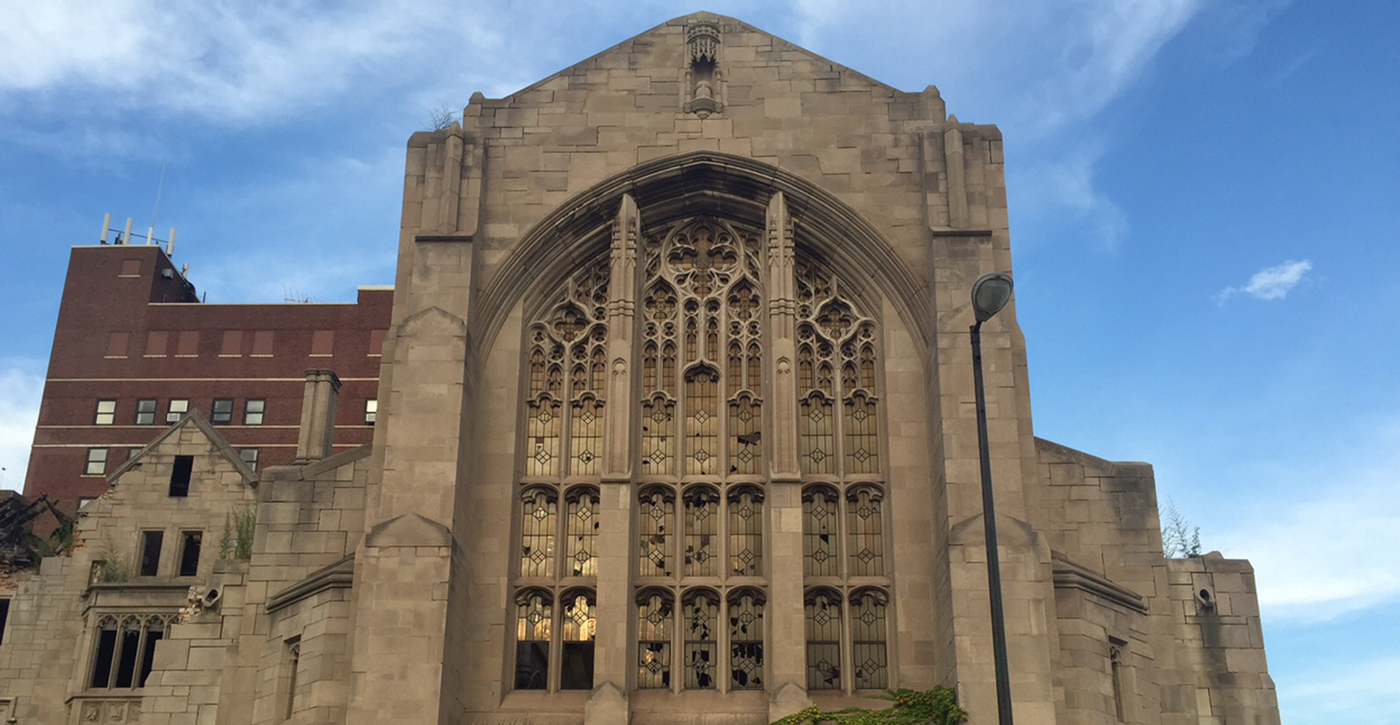AI-Generated Content
This article has been created using advanced AI technology to provide you with informative and engaging content.
AI-Curated Resources:
Have you ever stopped to ponder the rich stories hidden within names, especially one like Gary Lee? It's a rather interesting thing, really, how a name can carry whispers of history, a bit of geography, and even a certain feeling about a place or a person. When we hear "Gary," there's often a connection that forms, maybe with a person we know, or perhaps with a location that has its own unique tale to tell.
You see, the name "Gary" itself has a background that goes back quite a ways, actually, to older languages and even ancient groups of people. It's not just a collection of letters; it holds a lineage, a kind of linguistic family tree that stretches across time. Thinking about someone named Gary Lee, it brings to mind how individual names, when put together, can create a distinct identity, yet still carry the echoes of their separate parts.
So, we're going to take a closer look at what the name "Gary" brings to the table, drawing from some of the information we have. We'll explore its origins, its connection to a certain city, and what all that might mean for someone who carries such a name, like a Gary Lee. It's almost like peeling back layers to see what's underneath.
Table of Contents
- Introduction to Gary Lee
- Where Does the Name Gary Come From?
- What is the Story of Gary, Indiana?
- How Does Gary's History Echo in the Name?
- What About Gary's Changing Population?
- What's it Like to Live in Gary?
- The Name Gary - A Look at Its Appeal
- Understanding Gary Lee's Combined Meaning
Where Does the Name Gary Come From?
When we think about a name like Gary Lee, it's pretty natural to wonder about the origins of each part. The name "Gary" itself, you know, isn't just something that popped up out of nowhere. It seems to have a rather interesting past, reaching back to some very old European roots. Apparently, it's thought to come from an Old Frankish name, "Geiserich," which then likely made its way into English through a Norman French version, "Geiree." This suggests a long history, tying the name to a time when different cultures and languages were blending together across Europe.
So, what does this Old Frankish connection really mean for someone named Gary? Well, it suggests a heritage that's quite ancient, perhaps even hinting at qualities associated with those early Germanic peoples. Names often carried meanings related to strength, leadership, or even protection back then, so it's not a stretch to think that "Gary" might have carried some of those positive associations for a long, long time. It's really quite fascinating to consider how far back a simple name can stretch.
And then there's the "Lee" part of Gary Lee. While our source text doesn't talk about "Lee," it's a very common surname, often meaning "clearing" or "meadow" in Old English. So, when you put "Gary" and "Lee" together, you have a name that blends an older, possibly Germanic root with a more pastoral, English one. It creates a unique combination, doesn't it? It's like a little piece of history right there in a person's name.
What is the Story of Gary, Indiana?
Beyond being a personal name, "Gary" also points us to a specific place: Gary, Indiana. This city, you know, sits in Lake County, right there in the extreme northwest part of Indiana. It's located at the southern edge of Lake Michigan, which is a pretty significant body of water, and it's not too far from downtown Chicago, Illinois—about 25 miles away, or 40 kilometers. This location, as a matter of fact, played a big part in its beginnings and its history.
The city itself came into being in 1906, and it got its name from Elbert H. Gary, who was a pretty important figure in the steel industry at the time. So, the city of Gary, Indiana, was essentially built around the steel industry, which really shaped its identity and its growth for many years. It was a place that had a lot of energy and purpose in its early days, really a hub of activity and production. You can almost picture the furnaces glowing and the sound of industry filling the air.
For a long time, Gary, Indiana, was known for its strong ties to steel production and its rather rich industrial background. It grew into a place that was seen as having a lot of "heart and soul," a description that suggests a community with a deep sense of identity and spirit. It's quite interesting how a place can get such a strong character, isn't it? This city, in a way, really represents a certain period of American industrial growth.
How Does Gary's History Echo in the Name?
It's pretty clear that the city of Gary, Indiana, holds a unique blend of history, its own culture, and even some natural beauty, given its location. This combination of elements gives the city a particular feel, a kind of personality that's shaped by its past and its surroundings. When you hear the name "Gary," especially in connection with the city, it carries with it a sense of that industrial heritage, that strong, working-class background. It's like the name itself has absorbed some of the city's essence.
So, for someone named Gary Lee, there's this subtle connection to a place that once thrived with the energy of steel production and community building. It might not be a direct link, but it's there in the cultural memory surrounding the name. The name "Gary" can, in some respects, evoke a sense of resilience, a connection to hard work, and a community spirit that was once very prominent in the city that shares its name. It's a bit like a shared legacy, even if it's just in the background.
This cultural echo is rather interesting because it shows how names can carry more than just personal meaning. They can also carry a sense of place and history, a kind of collective memory. For a Gary Lee, the name "Gary" might, perhaps, subtly connect them to this narrative of industry, growth, and community that the city of Gary embodies. It's a quiet connection, but a meaningful one.
What About Gary's Changing Population?
The story of Gary, Indiana, isn't just about its booming industrial past; it also involves some pretty significant changes over time, particularly with its population. After decades of being a powerhouse, the city, sadly, has seen some rather challenging times. It has, in a way, become a place that many people describe as having a desolate, almost ghost-town feel in certain areas. This is due, in part, to a declining population and many abandoned structures.
For example, information tells us that Gary, Indiana, had a population of 68,604 people at one point. However, looking ahead to 2025, the population is projected to be around 66,747. This shows a clear trend of fewer people calling Gary home. This kind of shift can really change the character of a place, affecting everything from local businesses to the overall community spirit. It's a complex situation, to be sure.
These population changes, you know, are a big part of Gary's more recent history. They reflect broader economic shifts and changes in industries that once provided so many jobs. So, while the name "Gary" might bring to mind its strong industrial roots, it also carries the story of a place that has faced, and continues to face, considerable challenges. It's a layered narrative, really, that speaks to the ebb and flow of urban life.
What's it Like to Live in Gary?
If you're curious about what it's actually like to live in Gary, Indiana, the general impression is that it offers residents a somewhat sparse suburban feel. This means it's not quite a bustling city center, but it's also not entirely rural. It's a kind of in-between place, which can appeal to different people for different reasons. It's pretty interesting how varied living experiences can be, even within one region.
A significant aspect of living there is that most residents tend to rent their homes. This is a common characteristic in many places that have seen economic shifts, and it shapes the community in particular ways. When more people rent, it can sometimes mean a more transient population, or it might just reflect different housing preferences. It's definitely something that contributes to the overall atmosphere of the place.
So, for a Gary Lee, or anyone thinking about the name "Gary," understanding the current living experience in the city adds another layer to the story. It's not just about the historical steel mills anymore; it's also about a community that is adapting and finding its way in a changing world. It's a place with its own rhythm, you know, a place that continues to evolve, like most places do.
The Name Gary - A Look at Its Appeal
Beyond the city, the name "Gary" as a given name has its own story of popularity and cultural appeal. It's always interesting to explore how names gain traction, how many people choose them for their children, and how that changes over time. The name "Gary" has certainly had its moments in the spotlight, and it's worth considering why it has endured for so many. It's almost like a fashion trend, but for names.
If you were to look into its French and Old English roots, as we've discussed, you'd find a certain charm there. These historical connections can give a name a sense of depth and heritage, which many people find appealing. Then there are the famous namesakes—people who have carried the name "Gary" into the public eye, giving it a certain recognition and perhaps even a particular image. This can definitely influence its popularity, you know.
The enduring cultural appeal of the name "Gary" speaks to something fundamental about how we connect with names. Whether it's the sound of it, its historical echoes, or the famous people who bear it, "Gary" has managed to stick around. So, when we talk about a Gary Lee, we're talking about someone who carries a name with a pretty well-established place in the broader cultural landscape. It's a name that has, in a way, stood the test of time.
Understanding Gary Lee's Combined Meaning
Putting it all together, when we consider "Gary Lee," we're really looking at a name that brings together different threads of meaning and history. The "Gary" part, as we've seen, carries echoes of ancient European origins and a strong connection to an industrial city with a rich, if sometimes challenging, story. The "Lee" part, while not detailed in our source text, is a common and often gentle-sounding surname, typically evoking images of natural clearings or fields. So, combined, it's a rather unique blend.
The information we have doesn't provide specific biographical details for a particular "Gary Lee." Therefore, we can't create a table of personal details or a biography for an individual person named Gary Lee without making things up, and that's just not what we're here to do. What we can do, however, is appreciate the background that the name "Gary" itself provides, offering a kind of cultural context for anyone who carries it.
So, while we can't tell you about a specific Gary Lee's life, we can appreciate the layers of meaning embedded in the name itself. It's a name that suggests a blend of historical depth, perhaps a connection to industrial heritage through the city of Gary, and the quiet strength often associated with older names. It's quite a lot to consider, really, for just two words. It shows how much history and cultural significance can be packed into something as simple as a name.
This exploration has covered the origins of the name "Gary," its link to the city of Gary, Indiana, and how the city's history and current state contribute to the overall impression of the name. We've looked at the city's beginnings tied to the steel industry, its shifting population, and what living there might feel like. We also considered the broader appeal and popularity of the name "Gary" through time. This discussion helps to paint a picture of the background and cultural weight that a name like Gary Lee carries.
AI-Enhanced Visual Content


